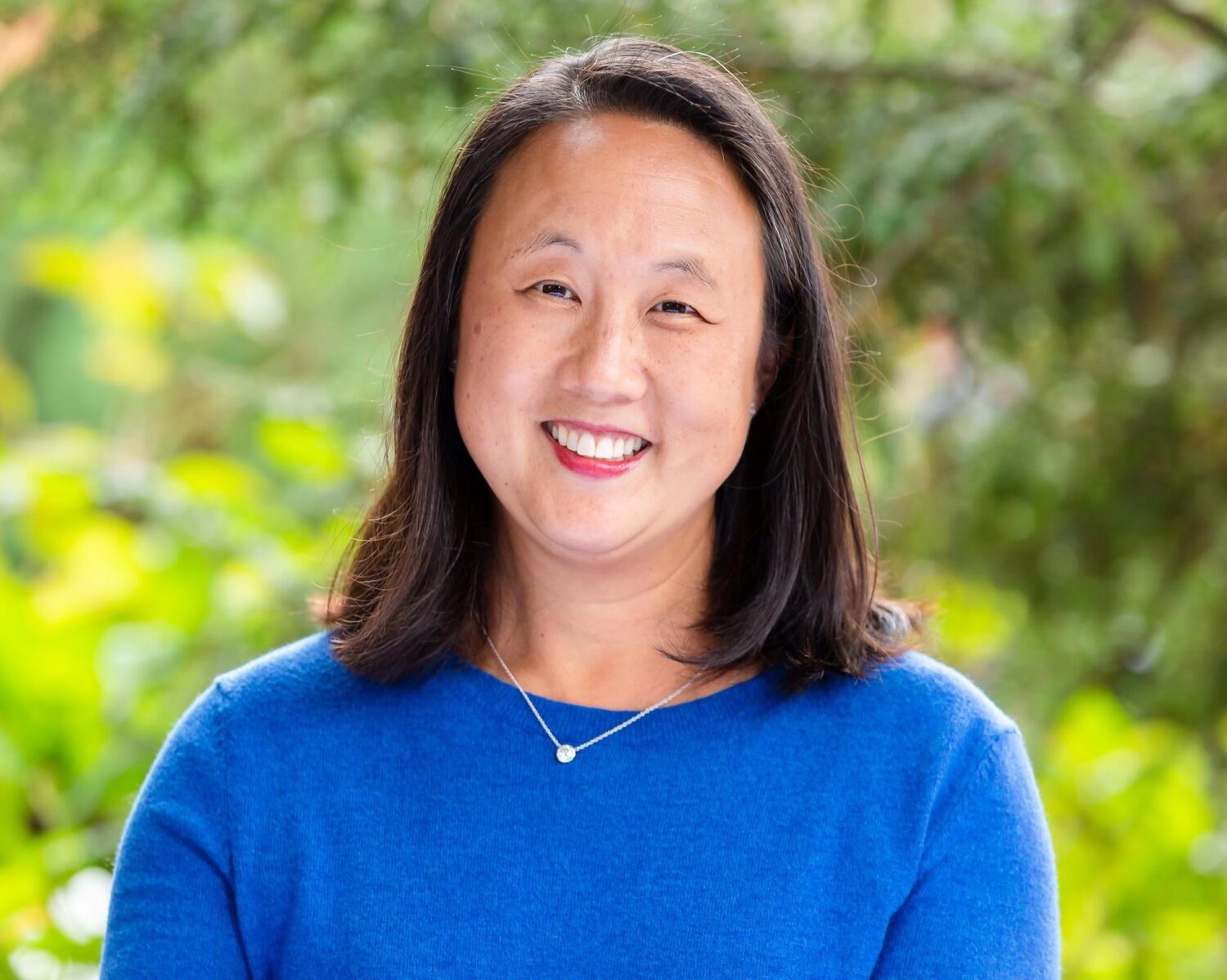Headquartered at City Hall, the Newton Food Pantry, founded 40 years ago, currently serves more than 2,000 Newton residents — over 270 households every week.
It’s a remarkable accomplishment.
And no one is more proud of it than Regina Wu, MD, who has served as the Pantry’s president since July 2020. According to Wu, “it’s about filling a need.”
When COVID struck, 9.6 million Amercians lost their jobs. In the Boston-Cambridge-Newton area alone, almost 200,000 people found themselves out of work. That meant there were many people suddenly struggling to make ends meet, and many more beginning to lose hope.
For the Newton Food Pantry, it meant many more clients.
“We went from 70 to 90 households a week pre-pandemic, and during the pandemic we got up into the 220s, and now we are at 270. We hit a 40-year record of 300 two weeks back.” Wu said.
During COVID time, added Wu, “we were outside of City Hall, in all kinds of weather conditions, providing pre-packed bags.”
Practically night and day, the pantry gave out food to those who needed it most. “People were losing their jobs. If you were in retail, or in the restaurant business, maybe you were in a family that had 2-3 jobs, and relying on that for your mortgage, now you were turning to us for help.”
New programs like the Freedge in Nonantum – a 24/7 free, refrigerated pantry open to anybody – have recently opened up just to keep up with the massive demand.
The Freedge, said Wu, “came out of the desire to expand our footprint beyond Newton and also to acknowledge that there are barriers to access for people coming to brick-and-mortar pantries.”
“We harnessed the energy of different community groups that we have partners with, as well as local businesses, to organize – and now financially support and organize,” Wu added.
According to Wu, the Freedge is empty and refilled about 4-5 times every day, with an average of15 shoppers each hour. Another program, the dry pantry at the Lasell University campus, is designed specifically to help students with hefty loan debt.
“Higher education is expensive. A lot of kids that take out loans sometimes make difficult decisions because they don’t want to incur more debt just to get meals – [and] that significantly impacts their education and ability to graduate.”
This summer, the Pantry plans to work with Food for Free, a nonprofit, in providing frozen food rescued from local hot bars and hospitals’ surplus. “Instead of letting that food go to waste, they flash freeze it, repurpose it, and put it into individual servings that people can heat up for a meal.” Wu said.
“It’s great for a college student, great for a senior, great for a working parent.”
All in all, the Newton Food Pantry spends about $8000 every week on food and partners with all sorts of nonprofits, businesses and organizations – locally, and beyond. “We operate like a free grocery store.”
Wu said that she realized the importance of good food from her time as a doctor.
“In internal medicine, a lot of times we’re dealing with chronic conditions, a lot of obesity, and diabetes, and high blood pressure, and a lot of these illnesses develop over time and can be prevented through lifestyle modifications – a lot of it can be related also to diet.”
And diets, in many cases, can be fairly pricey.
“It struck me that it’s really expensive to eat healthy foods. If you’re struggling to make ends meet, $20 in a grocery store buying processed food is going to be a lot cheaper than going to buy fresh proteins.”
But if you step in and feed people well, it can drastically improve their health. “It can change the direction of their lives,” Wu said.
“Recognizing all of that, I said, ‘it seems like with this profession I’m going about it the wrong way’. I’m treating the end point, but maybe I should be feeding people healthier foods.”
It was then that Wu began to get involved in food charities – first with the Greater Boston Food Bank, and then, eventually, in Newton, where Wu has volunteered for about 12 years.
But more hands on deck, said Wu, are strongly appreciated– especially from young people.
“We really feel that it’s important to make sure that the next generation recognizes that this is important work, and if they are interested in getting involved, there are things that they can do. In fact, this year our young volunteers are doing seedlings of herbs, tomatoes, and lettuce that they can give to every household that wants them.”
Wu noted that at any given time, anyone could be a donor of the pantry, a client of the pantry, or a volunteer. “There’s no shame in coming for help, and certainly none in coming to help.”
“We can all use an extra bit of help sometimes,” Wu said.
Andrey Sarkanich is a sophomore at Newton North High School.
Ed. Note: We revised the first paragraph of this article to state that the Newton Food Pantry serves 270 households each week, not 100.






